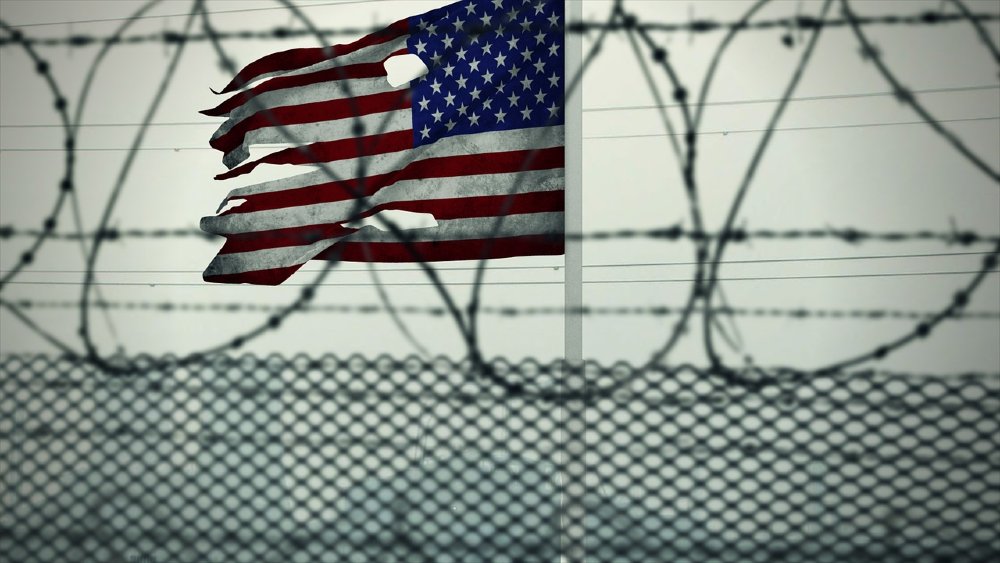The first step, civil liberties campaigners agree, is to end the system of military commissions, a legal black hole set up by the Bush administration to allow detainees to be tried outside of international and domestic standards. This would prevent the trial of Omar Khadr, a Canadian imprisoned and interrogated at Guantanamo when he was just 15, and signal the new administration’s desire to see the conventional rule of law restored.
What then? What’s to be done with the remaining 250 prisoners? Most estimate that there is enough evidence to put around 40 to 50 detainees on trial in US courts. Human Rights lawyer Clive Stafford Smith, whose organisation Reprieve has represented many of the most high profile detainees at Guantanamo, believes the camp’s end is nigh. “We’ve been in discussion with Obama’s transition team about it, and closure is a very high priority for them,” he tells The Big Issue. “We’ve relied on the federal courts for 200 years. If the government thinks they’ve done anything wrong, then put them on trial in a regular court.”
Ken Gude, director of international rights at the Centre for American Progress believes another option would be to use military courts, as prescribed by the Geneva Convention, but would not apply to most detainees since they were not picked up on the battlefield. “The most favoured route should be regular federal trial,” says Gude. “Those procedures have already been used to incarcerate and put on trial some of the most dangerous terrorists. The US justice system has the ability to handle it. It’s a great a shame and tragedy that we pursued a course that threw aside all that and viewed traditional justice as deficient.”
America may have to deal with some difficult trials and unpalatable verdicts as it returns from one idea of justice to another. Susan Crawford, the Bush administration official in charge of the military commissions, recently admitted torture was used to obtain testimony from Mohammed al-Qahtani, a Saudi man suspected of involvement with the 9/11 attacks. “It demonstrates how incompetent and mismanaged the process has been,” says Gude.
Another 150 or so of Guantanamo’s detainees are already cleared to leave, but as refugees in danger if they return to countries of origin, are in need somewhere to go. So far only Portugal and Albania have accepted to resettle some of the prisoners, but many observers believe several other European countries, including Britain, France and Germany, are willing to work with the Obama administration to find a solution. The government of Yemen will also have a big part to play in any resolution – 97 detainees are Yemeni – but the US is reluctant to let them return until there is a rehabilitation programme set up to its satisfaction.
Resettling the refugees would leave one final, anomalous group at the place Tony Blair once described as a living “anomaly” – the detainees considered to dangerous too release, but for whom there isn’t sufficient evidence to charge. “It’s a bizarre category,” says Stacey Sullivan, counterterrorism advisor at Human Rights Watch. “At some point, you either get evidence to prosecute or let them go. Our recommendation has been to review the cases and put them into one category or the other. You have to live with letting some go. Potential terrorism suspects can be watched.”
Sullivan’s point speaks of the wider, ongoing struggle to uphold human rights as America engages with its’ enemies, either real or imagined. Stafford-Smith estimates the United States currently keeps 20,000 in military prisons around the world; places where the concept of habeas corpus is sketchy, at best. “We can’t keep treating the (terrorism) situation like it’s a war and rules don’t apply – we’ve got a criminal justice system, we should just use it.”
Reprinted from The Big Issue In Scotland by © Street News Service








